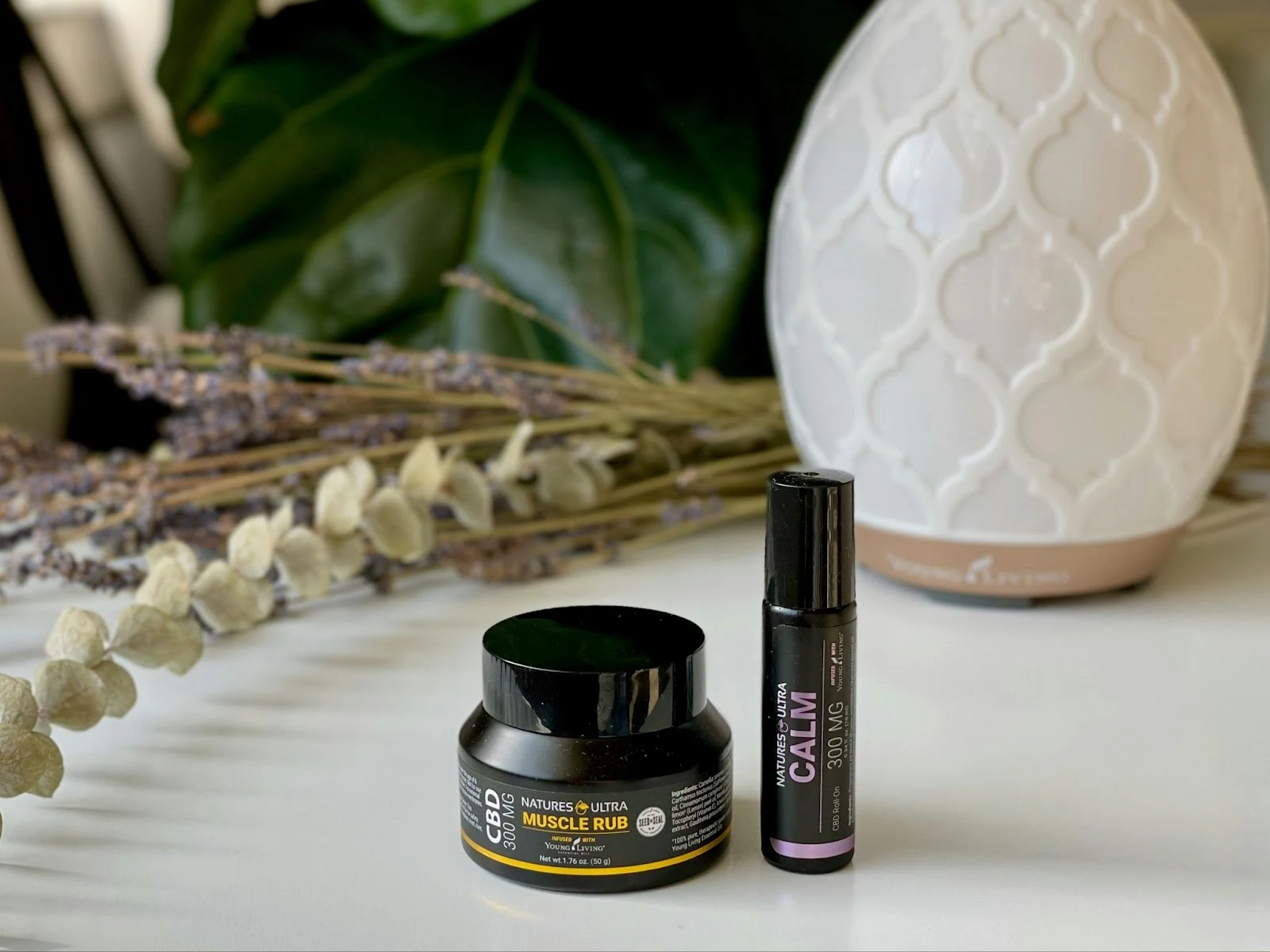
In recent years, the health and wellness industry has seen a surge in the popularity of CBD, or cannabidiol, especially among athletes. As a non-psychoactive compound derived from the cannabis plant, CBD is gaining recognition for its potential benefits in enhancing athletic performance and recovery. Whether you’re a professional athlete or a fitness enthusiast, the idea of incorporating CBD into your routine might seem appealing. But can it really make a difference? Before exploring this further, it’s worth understanding the basics, like how to germinate cannabis seeds if you’re interested in growing your own source of CBD.
Understanding CBD and Its Mechanisms
CBD interacts with the body’s endocannabinoid system (ECS), a complex network of receptors and neurotransmitters that play a crucial role in regulating various physiological processes, including pain, inflammation, mood, and sleep. Unlike THC, the psychoactive component of cannabis, CBD does not produce a “high,” making it a more accessible option for those seeking therapeutic benefits without the mind-altering effects.
For athletes, the anti-inflammatory and pain-relieving properties of CBD are particularly attractive. Intense physical activity often leads to muscle soreness, inflammation, and even injuries. Traditional methods of pain management, such as non-steroidal anti-inflammatory drugs (NSAIDs), can have adverse side effects when used long-term. CBD offers a natural alternative that may support the body’s recovery process without the risks associated with conventional medications.
CBD for Muscle Recovery
One of the primary reasons athletes are turning to CBD is its potential to aid in muscle recovery. After a strenuous workout, muscles undergo microscopic damage, leading to inflammation and soreness. This is a natural part of the muscle-building process, but it can be uncomfortable and may limit performance if not managed properly.
Research suggests that CBD may help reduce inflammation and speed up the recovery process by interacting with the ECS. By modulating the body’s inflammatory response, CBD could potentially minimize muscle soreness and allow athletes to return to their training regimen more quickly. Moreover, CBD’s analgesic properties may help alleviate pain, making it easier to push through tough workouts and recover effectively.
Enhancing Performance with CBD
While recovery is a significant focus, some athletes are also exploring the potential of CBD to enhance overall performance. Although research in this area is still in its early stages, there are several ways CBD might contribute to improved athletic performance:
- Improved Sleep Quality: Adequate sleep is crucial for athletic performance, as it allows the body to repair and regenerate. CBD has been shown to promote relaxation and improve sleep quality, which can lead to better recovery and enhanced performance.
- Reduced Anxiety and Stress: Competitive sports often come with high levels of stress and anxiety, which can negatively impact performance. CBD’s anxiolytic properties may help athletes manage these feelings, leading to improved focus and mental clarity during competition.
- Energy and Endurance: Some athletes report that CBD helps them maintain higher energy levels and endurance during long training sessions. While the exact mechanisms are not fully understood, this could be related to CBD’s role in maintaining homeostasis and supporting overall well-being.
Safety and Considerations for Athletes
While the potential benefits of CBD are promising, it’s important for athletes to consider a few key factors before incorporating it into their routine:
- Quality of CBD Products: Not all CBD products are created equal. Athletes should seek out high-quality, third-party tested products to ensure they are free from contaminants and contain the stated amount of CBD. Full-spectrum CBD products, which contain a range of cannabinoids and terpenes, may offer enhanced benefits through the “entourage effect.”
- Dosage and Timing: Finding the right dosage and timing for CBD use can vary depending on individual needs and goals. Athletes may need to experiment with different dosages to determine what works best for them. It’s also important to consider when to take CBD – whether before a workout, post-training, or before bed – to maximize its effects.
- Regulations and Doping: Athletes should be aware of the regulations surrounding CBD use in their sport. While CBD is not on the World Anti-Doping Agency’s (WADA) list of prohibited substances, THC and synthetic cannabinoids are. Ensuring that CBD products are THC-free is essential for athletes subject to drug testing.
Conclusion
The use of CBD among athletes is a growing trend, with many touting its potential to enhance recovery and performance. While scientific research is still catching up, anecdotal evidence and early studies suggest that CBD could be a valuable tool for athletes seeking a natural way to support their training and overall well-being. As with any supplement, it’s important to do thorough research, choose high-quality products, and consult with a healthcare professional to determine the best approach for your individual needs.
CBD’s ability to support muscle recovery, reduce inflammation, improve sleep, and manage stress makes it a promising option for athletes at all levels. As more research emerges, the role of CBD in sports and fitness is likely to become even clearer, potentially solidifying its place in the athlete’s toolkit.

Jessi is the creative mind behind The Coffee Mom, a popular blog that combines parenting advice, travel tips, and a love for all things Disney. As a trusted Disney influencer and passionate storyteller, Jessi’s authentic insights and relatable content resonate with readers worldwide.
